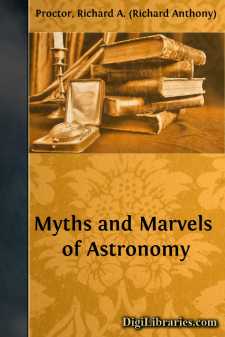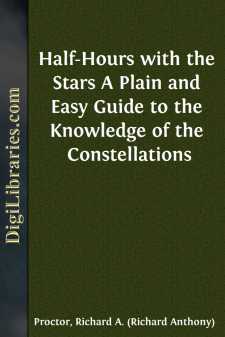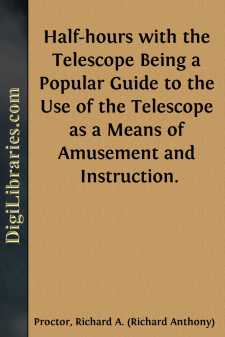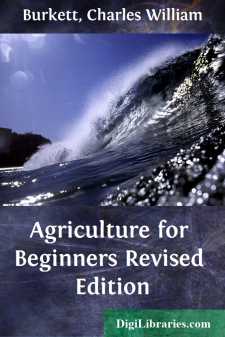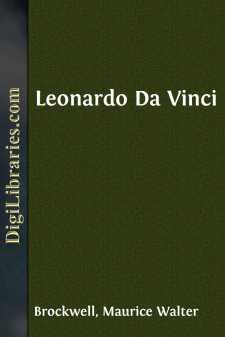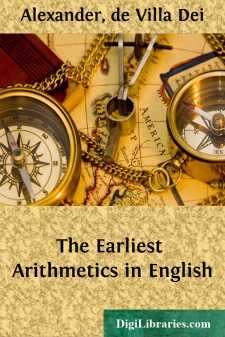Categories
- Antiques & Collectibles 13
- Architecture 36
- Art 48
- Bibles 22
- Biography & Autobiography 813
- Body, Mind & Spirit 142
- Business & Economics 28
- Children's Books 17
- Children's Fiction 14
- Computers 4
- Cooking 94
- Crafts & Hobbies 4
- Drama 346
- Education 46
- Family & Relationships 57
- Fiction 11829
- Games 19
- Gardening 17
- Health & Fitness 34
- History 1377
- House & Home 1
- Humor 147
- Juvenile Fiction 1873
- Juvenile Nonfiction 202
- Language Arts & Disciplines 88
- Law 16
- Literary Collections 686
- Literary Criticism 179
- Mathematics 13
- Medical 41
- Music 40
- Nature 179
- Non-Classifiable 1768
- Performing Arts 7
- Periodicals 1453
- Philosophy 64
- Photography 2
- Poetry 896
- Political Science 203
- Psychology 42
- Reference 154
- Religion 513
- Science 126
- Self-Help 84
- Social Science 81
- Sports & Recreation 34
- Study Aids 3
- Technology & Engineering 59
- Transportation 23
- Travel 463
- True Crime 29
Myths and Marvels of Astronomy
Description:
Excerpt
ASTROLOGY.
Signs and planets, in aspects sextile, quartile, trine, conjoined, or opposite; houses of heaven, with their cusps, hours, and minutes; Almuten, Almochoden, Anahibazon, Catahibazon; a thousand terms of equal sound and significance.—Guy Mannering.
... Come and see! trust thine own eyes.
A fearful sign stands in the house of life,
An enemy: a fiend lurks close behind
The radiance of thy planet—oh! be warned!—Coleridge.
Astrology possesses a real interest even in these days. It is true that no importance attaches now even to the discussion of the considerations which led to the rejection of judicial astrology. None but the most ignorant, and therefore superstitious, believe at present in divination of any sort or kind whatsoever. Divination by the stars holds no higher position than palmistry, fortune-telling by cards, or the indications of the future which foolish persons find in dreams, tea-dregs, salt-spilling, and other absurdities. But there are two reasons which render the history of astrology interesting. In the first place, faith in stellar influences was once so widespread that astrological terminology came to form a part of ordinary language, insomuch that it is impossible rightly to understand many passages of ancient and mediæval literature, or rightly to apprehend the force of many allusions and expressions, unless the significance of astrological teachings to the men of those times be recognised. In the second place, it is interesting to examine how the erroneous teachings of astrology were gradually abandoned, to note the way in which various orders of mind rejected these false doctrines or struggled to retain them, and to perceive how, with a large proportion of even the most civilised races, the superstitions of judicial astrology were long retained, or are retained even to this very day. The world has still to see some superstitions destroyed which are as widely received as astrology ever was, and which will probably retain their influence over many minds long after the reasoning portion of the community have rejected them.
Even so far back as the time of Eudoxus the pretensions of astrologers were rejected, as Cicero informs us ('De Div.' ii. 42). And though the Romans were strangely superstitious in such matters, Cicero reasons with excellent judgment against the belief in astrology. Gassendi quotes the argument drawn by Cicero against astrology, from the predictions of the Chaldæans that Cæsar, Crassus, and Pompey would die 'in a full old age, in their own houses, in peace and honour,' whose deaths, nevertheless, were 'violent, immature, and tragical.' Cicero also used an argument whose full force has only been recognised in modern times. 'What contagion,' he asked, 'can reach us from the planets, whose distance is almost infinite?' It is singular that Seneca, who was well acquainted with the uniform character of the planetary motions, seems to have entertained no doubt respecting their influence. Tacitus expresses some doubts, but was on the whole inclined to believe in astrology....


